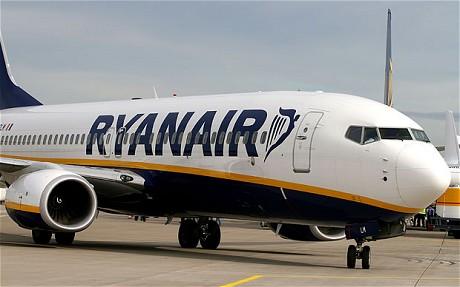Ryanair and Its Impact on the Aviation Industry

Introduction
Ryanair, a prominent low-cost airline based in Ireland, has significantly altered the landscape of air travel since its inception in 1984. Known for its budget-friendly tickets and extensive network across Europe, Ryanair has made flying accessible to millions of passengers. With recent developments including the expansion of its routes and services, understanding Ryanair’s position in the aviation sector is vital for both travellers and industry analysts.
Recent Developments
As of 2023, Ryanair has reported a robust recovery following the pandemic, with passenger numbers reaching pre-COVID levels. The airline announced it transported over 150 million passengers in 2022, marking a 10% increase from 2021. To accommodate this surge, Ryanair has introduced new routes and enhanced customer service features, including improvements in its mobile app and check-in processes.
In a strategic move, Ryanair has launched multiple summer routes to popular destinations such as Greece, Portugal, and Italy, aimed at both leisure and business travellers. The airline is also investing in eco-friendly initiatives, including the incorporation of more fuel-efficient aircraft into its fleet to reduce carbon emissions by 20% by 2030.
Ryanair’s Business Model
Ryanair’s low-cost model is built around a no-frills approach that allows it to keep operational costs low while offering competitive pricing. This business strategy includes charging for add-ons like checked baggage and priority boarding, which has been both praised and criticized by customers. Moreover, the airline’s aggressive expansion and marketing tactics have propelled it to become Europe’s largest airline by passenger numbers.
Challenges Ahead
Despite its success, Ryanair faces significant challenges, including ongoing workforce disputes and rising fuel costs. Recently, strikes by ground staff and cabin crew across various European airports have led to operational disruptions, raising questions about how the airline will maintain its service levels and reputation amidst potential labour unrest.
Conclusion
Ryanair’s influence on the aviation industry is undeniable, providing affordable flight options that have made air travel more accessible. As it navigates through market fluctuations and operational challenges, the airline’s commitment to innovation and expansion will be crucial. For travellers, Ryanair remains a viable option, balancing low costs with a vast network of European destinations. Keeping an eye on Ryanair’s developments will be essential as it continues to shape the future of low-cost air travel.
